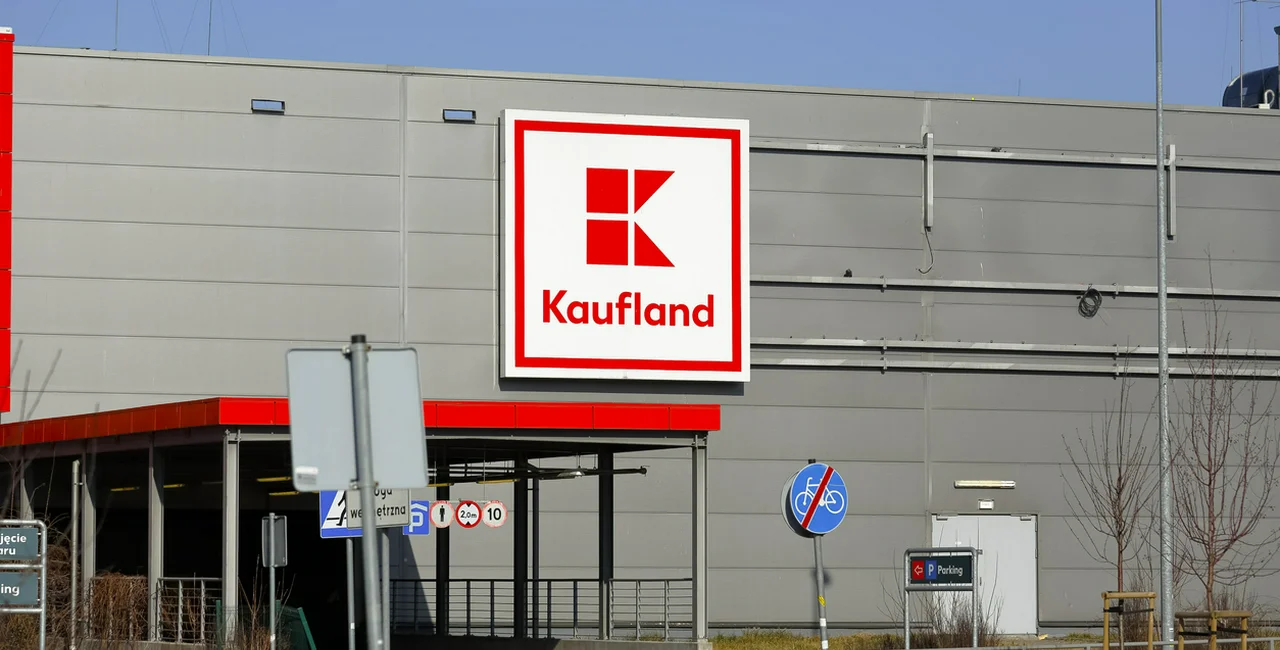The arrival of two well-known and popular companies in the Czech e-commerce sphere is set to shake up online shopping in the country.
E-commerce platform Allegro, headquartered in Poland, and German-based hypermarket Kaufland will later this year open up e-shops in Czechia, iDnes writes.
More products, and likely cheaper
Consumers will be able to purchase a wide variety of products and have them delivered to their Czech address, and sellers (companies that manufacture the products) will be able to add their listings to the sites.
Alza.cz and Mall.cz are presently the best-known and most popular online shopping sites, but can put sellers off due to their high fees.
"If Kaufland and Allegro want to succeed, they will attack mainly with [competitive] prices in addition to the breadth of their offers." - David Antoš of Boston Consulting Group.
Both firms sell a wide variety of goods, ranging from electronics and furniture through to food.
Allegro – a strong track record in Poland
Allegro already has a particularly strong position in the Czech e-commerce market. Its purchase of Czech retailer Mall Group last year has given it a strong foothold – especially given the fact that Mall Group has the highest amount of sellers.
In Poland it is the most popular e-commerce site, even beating Amazon in popularity. In 2021, the site reported 13.5 million active buyers in Poland – out of a population of about 38 million.
FAST FACTS ON ONLINE SHOPPING in Czechia
- There are about 51,000 online shops currently in Czechia.
- It was reported in 2022 that the Czech Republic has the highest number of e-shops per capita in all of Europe.
- Between 2019 and 2021, the number of Czechs shopping online rose 50 percent.
- In 2022, over 7 in 10 Czechs reported buying a product online in the past 12 months.
- Clothing and accessories are the best-selling types of products in Czech online shops.
Sources: Czech Statistical Office, Ceska-ecommerce.cz, Seznam Zprávy
Kaufland already popular in Czechia
Kaufland – which already operates an e-shop in Germany – will also help make the Czech e-commerce space more competitive. The company, which owns the popular Lidl supermarket, reported sales of a startling EUR 134 billion (about CZK 3.2 trillion) in 2021.
It already has a strong brand presence across Czechia, with 140 stores – the highest amount of any hypermarket in Czechia. The firm has already launched a pilot in Slovakia and the opening of a Czech version is “imminent.”
Interest in marketplaces lacking
Although recently growing in popularity, interest in online marketplaces within Czechia is among the lowest in Europe.
"The low share of sales online is partly connected to the negative experiences [associated with] Czech e-shops, to which entry…can be administratively and technologically difficult,” says the CEO of e-commerce aggregator BaseLinker.
Sales of goods via the web-based marketplaces were less than one-tenth of all online sales last year.
But e-commerce doing well
E-commerce, however, is growing in popularity across Czechia. This bodes well for online shops. In 2022, about 62 percent of people shopped online according to the Czech Statistical Office, compared with 39 percent before the pandemic. Last year Czechs spent almost CZK 200 billion on online shopping. This compares with just CZK 81 million in 2015.
E-commerce analytics firm CEO Matěj Kapošváry said in Seznam Zprávy that he estimates e-commerce will make up a total of around 40 percent of all national retail sales in around 10 years.
Competitive prices from Allegro and Kaufland – combined with the huge range of products that are to be offered – will have a sizable impact on the Czech e-commerce sphere. They may also tempt more people to shop online.
EXPAT TIPS
To find a detailed comparison of prices for thousands of products sold by different retailers, check out:
If you want to save money buying items online, check out these websites, which offer both new and second-hand goods at cheaper prices:












 Reading time: 3 minutes
Reading time: 3 minutes 































